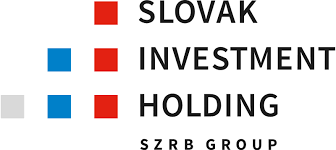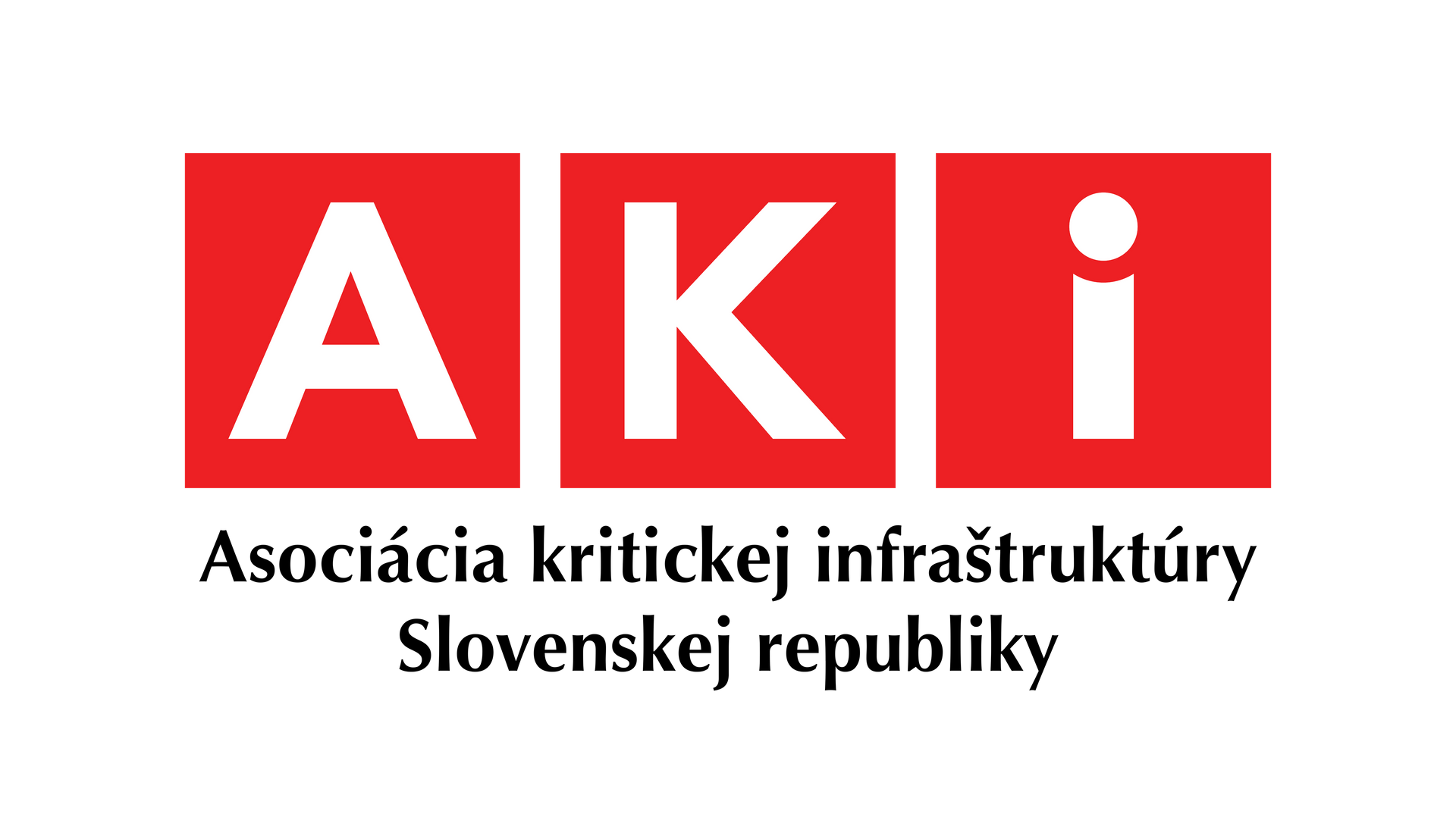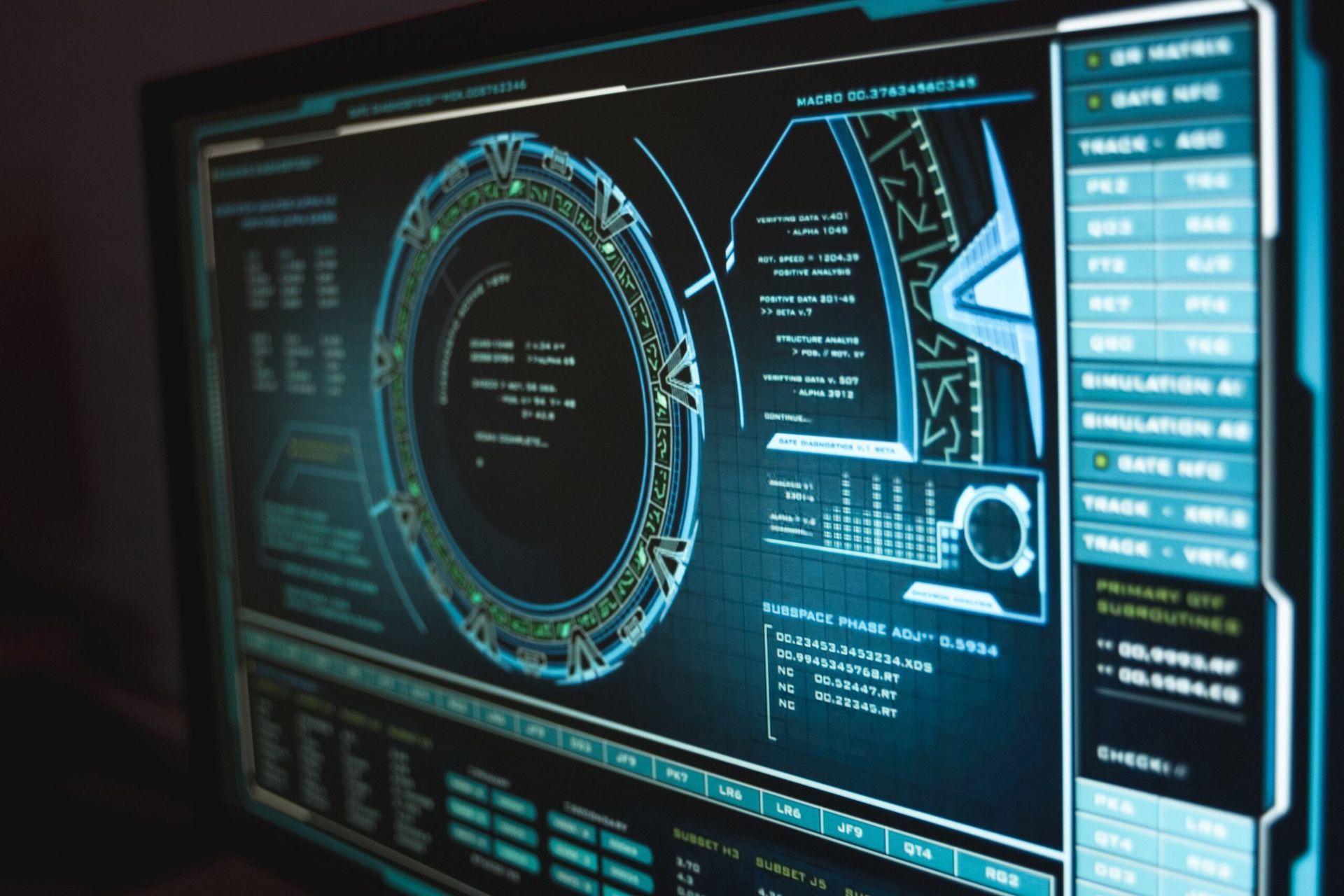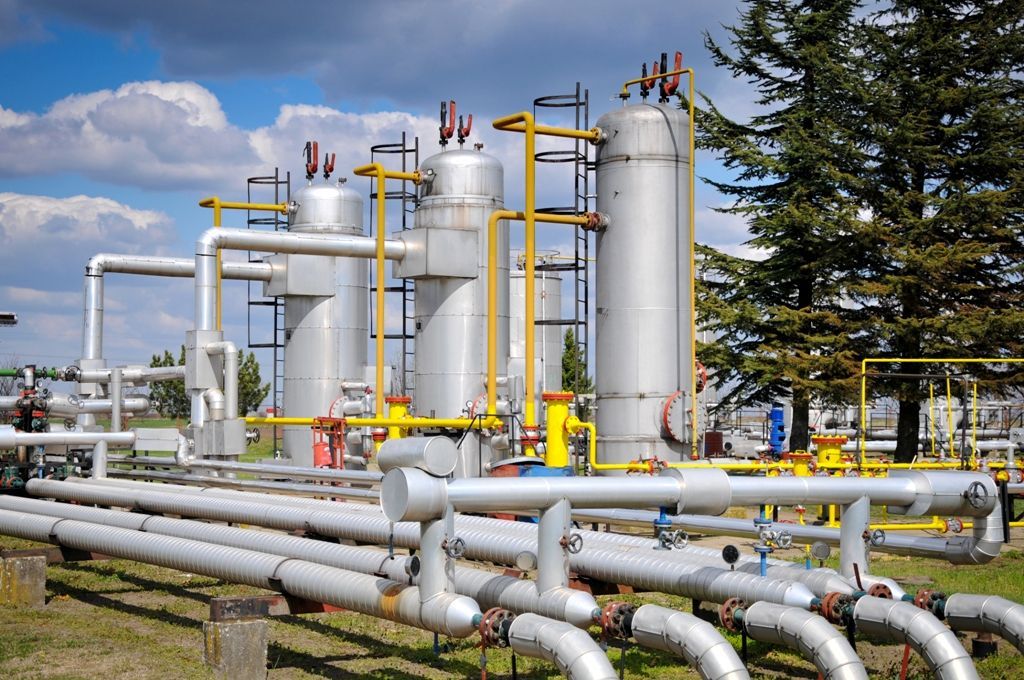AKI President Tibor Straka: How to protect Slovakia in the digital era? Press conference recording
18. augusta 2025
In the video, you will learn how the Critical Infrastructure Association of the Slovak Republic protects the state's strategic systems, supports innovation, and coordinates cooperation between the public and private sectors. From January 1, 2025, laws No. 367/2024 and 366/2024 bring new obligations in the area of critical infrastructure and cybersecurity. How to prepare for EU directives and face threats? See how the Critical Infrastructure Association of the Slovak Republic helps companies and institutions!
Press conference recording: https://www.youtube.com/watch?v=qKWQnCH-65k

The year 2025 was, from the perspective of critical infrastructure, a year of legislative transformation. The year 2026 is the first year of its full-scale application. The difference between these two periods is fundamental – while 2025 was dominated by legal implementation and methodological preparation, 2026 brings a regime of real regulatory responsibility.

Rok 2025 bol z pohľadu kritickej infraštruktúry rokom legislatívnej transformácie. Rok 2026 je prvým rokom jej plnohodnotnej aplikácie. Rozdiel medzi týmito dvoma obdobiami je zásadný – zatiaľ čo v roku 2025 dominovala právna implementácia a metodická príprava, v roku 2026 nastupuje režim reálnej regulačnej zodpovednosti.

New legislative amendments in the area of critical infrastructure in the form of the Critical Infrastructure Act, which came into effect on January 1, 2025, bring new requirements for critical entities regarding risk management, ensuring essential services, and increasing the resilience of critical infrastructure.





